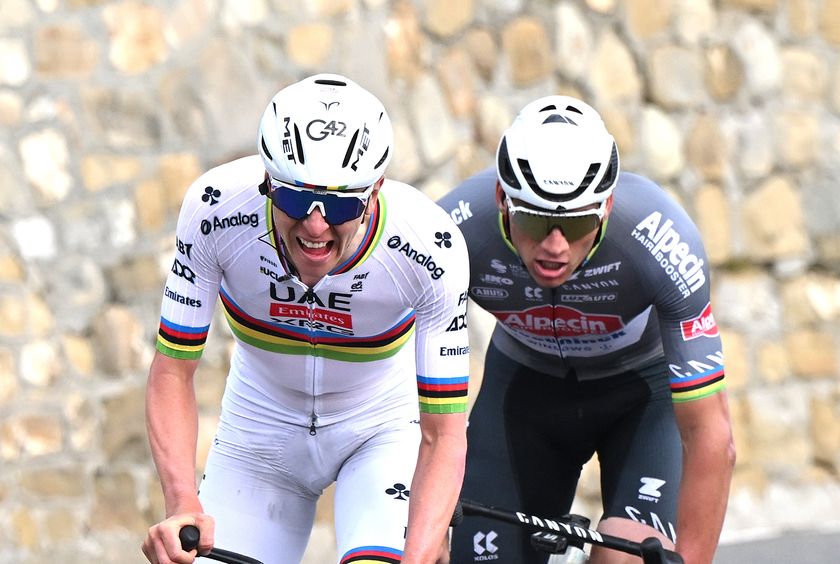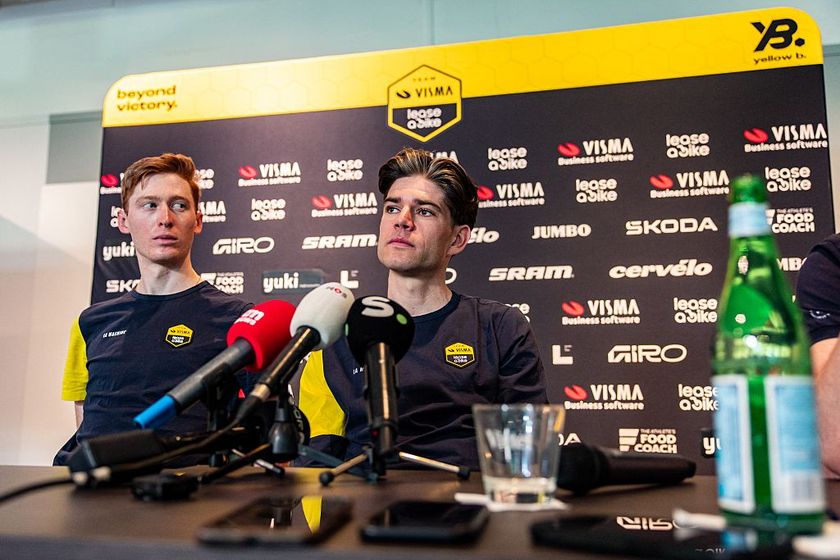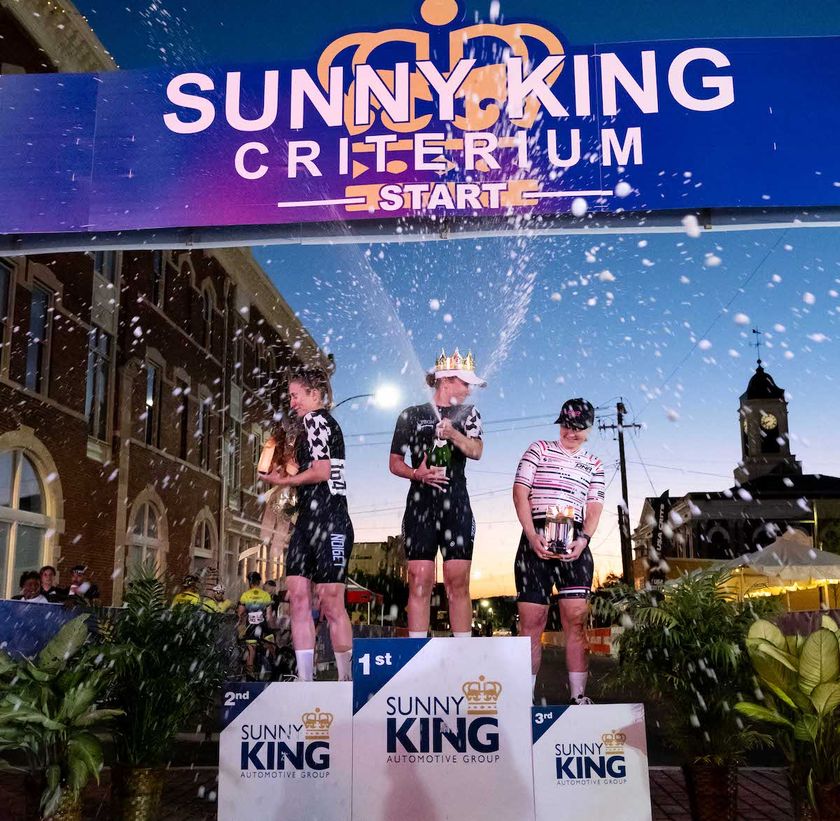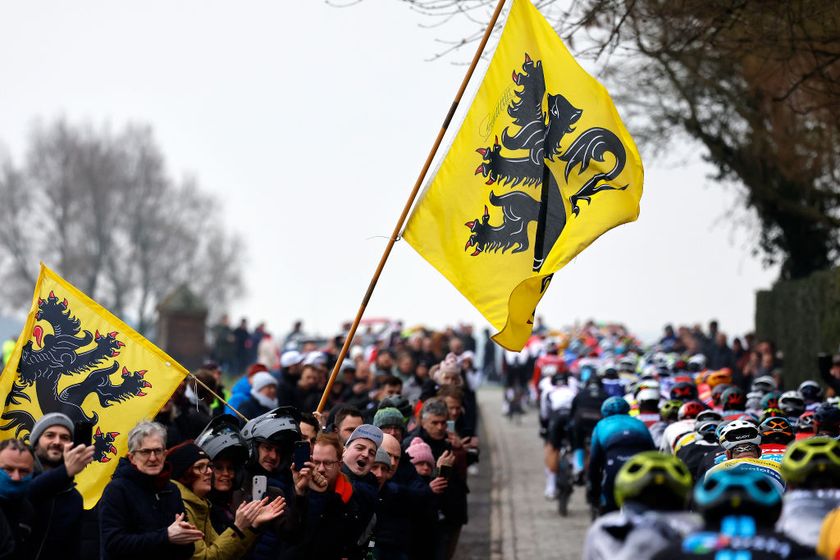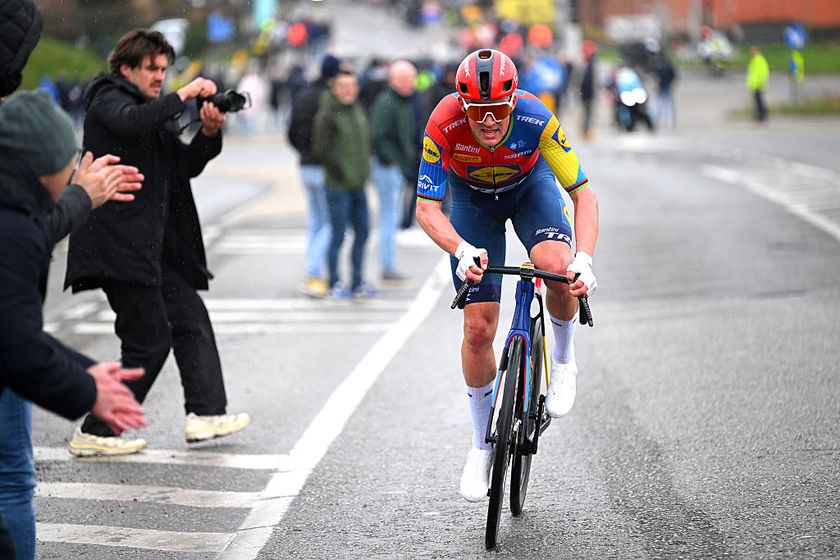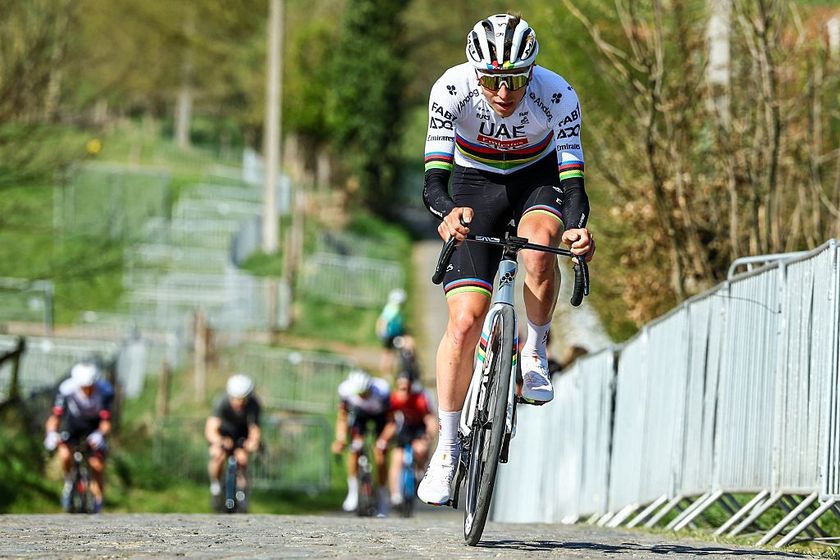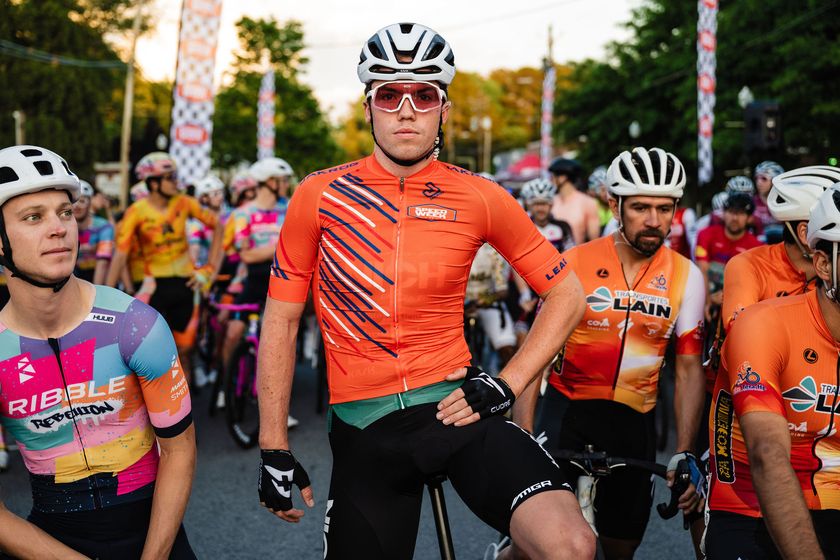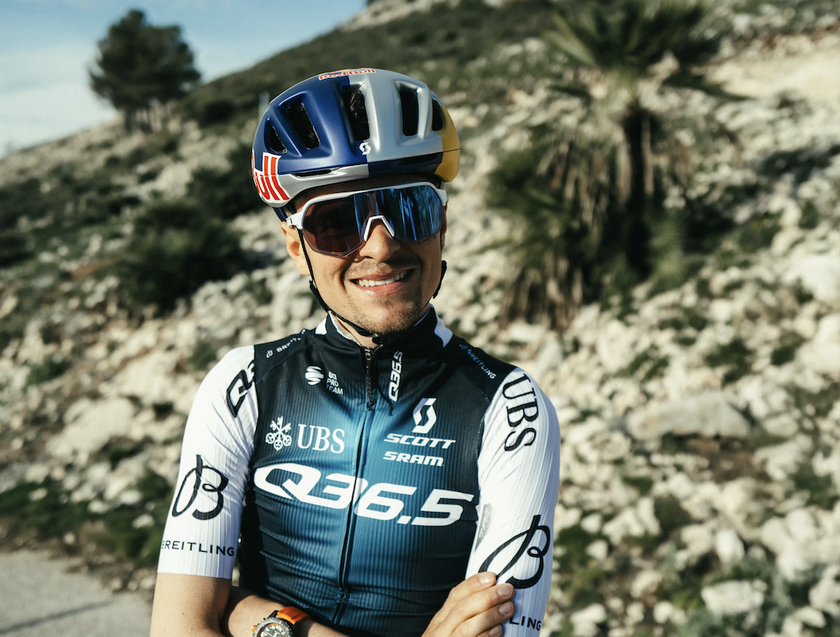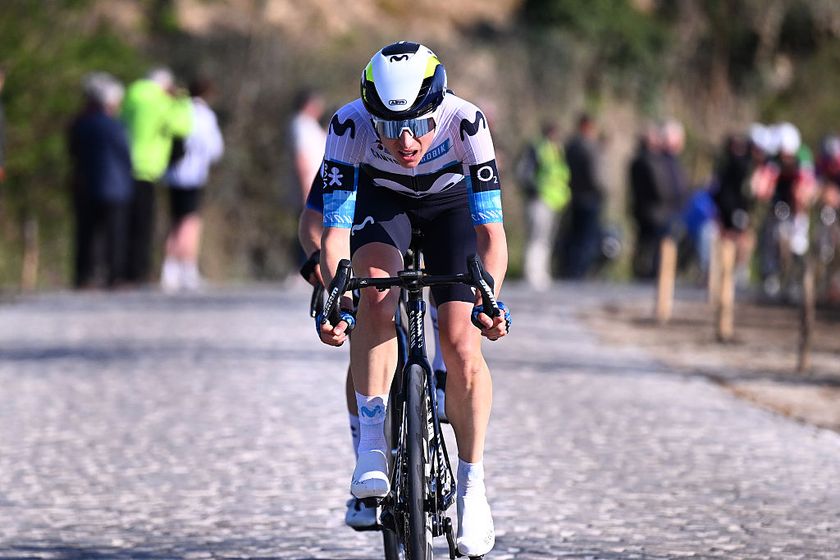Big transfer underway for Giro d'Italia tonight
Longest ever transfer for Giro



The Giro d’Italia moves out of Denmark tonight for what could be its longest ever transfer - and what is very probably one of the longest of any Grand Tour: around 1,600 kilometres. Not even the Vuelta, when it shifted from Liège in Belgium to Reus in Spain during the 2010 race, has matched this figure.
Today’s stage 3 finish has been brought forward by an hour and a half in comparison to its usual finishing time, to around four o’clock, and the riders, after showering and changing in Horsens, will be transferred in organisation vehicles to nearby Billund airport. Two chartered flights for the peloton, with four spots for staff from each team, to Verona are scheduled out at 1900 and 1915. If everything goes according to plan, the riders should be at their hotels in Italy by 10 o’clock this evening.
However, for the teams personnel and the logistical back-up, the transfer began far sooner, with vans from some teams containing time trial bikes leaving as early as Sunday morning. Some team buses already made the long haul south through southern Denmark, Germany and Switzerland or Austria, while others left immediately after that the start of stage three.
How each team tackles it logistically varies radically from squad to squad. Some are sending almost entirely new sets of personnel to Italy, whilst other teams, particularly the smaller-budget ones not from Italy, are bringing their complete staff down from Denmark. There is no hard and fast rule.
“We’ve anticipated things as best we can, but it’s difficult,” said Vincent Lavenu, manager of the AG2R La Mondiale team, which specifically designated a sports director, Laurent Biondi, in charge of organising the transfer’s logistical details.
“A van already went down” - on Sunday morning - “with the time trial bikes, a mechanic and a team assistant. When the riders get there, there will be people ready to give them a massage and sort out the bikes. There’s also a road bike there, ready for them to use.” On Tuesday morning, like many other teams, AG2R plans to do a reconnaissance of Wednesday’ team time trial course round Verona.
“The bus and team truck will leave on Monday morning, and has two days to do 1,600 kilometres. That’s the hardest part, we have to respect the labour laws. It’s going to be a tight schedule.” Under French law, a bus driver can only drive for two four and a half hour spells, with half hour rests, before stopping for eight hours.
Get The Leadout Newsletter
The latest race content, interviews, features, reviews and expert buying guides, direct to your inbox!
“So there will only be three team cars when the riders reach the finish, where they’ll have a little suitcase for their things.” The riders’ bigger luggage has already headed south, with the remainder of the team bikes and spare bikes used on stage three in the team cars. “We don’t know where we’ll sleep yet, just stop over somewhere around midnight [on Monday] and then keep going the next day.” Biondi added.
AG2R is one squad that will have mostly a new set of back-up staff in Italy: “People left on Sunday morning to get there, they’re there already. It was pretty tough working out the logistics, we’ve had to hire new staff specially.”
As for the possible effects of such a long transfer on the riders after a hard day’s riding, particularly given as air travel is a notoriously virus-friendly means of transport, Sky team doctor Richard Freeman admitted that it “is a worry.”
“In one sense it’s like travelling to a race, but this one’s obviously come after the race has started,” Freeman commented. "We’re very careful with hydration and nutrition, making sure we’re not caught short, but it’s not a major issue, provided we get to bed at a reasonable time.
“We’ll make sure they continue with their hydration during their travel, we’ve planned for that. They’ll get a massage when they arrive in Italy, and have something to eat there in the hotel,” with no change in diet despite the late hour.
The biggest worry, though, is if something goes askew with the transfer plans - a delayed flight or a late finish could cause logistical difficulties. “We have contingency plans in place for that,” Freeman said.
Alasdair Fotheringham has been reporting on cycling since 1991. He has covered every Tour de France since 1992 bar one, as well as numerous other bike races of all shapes and sizes, ranging from the Olympic Games in 2008 to the now sadly defunct Subida a Urkiola hill climb in Spain. As well as working for Cyclingnews, he has also written for The Independent, The Guardian, ProCycling, The Express and Reuters.
